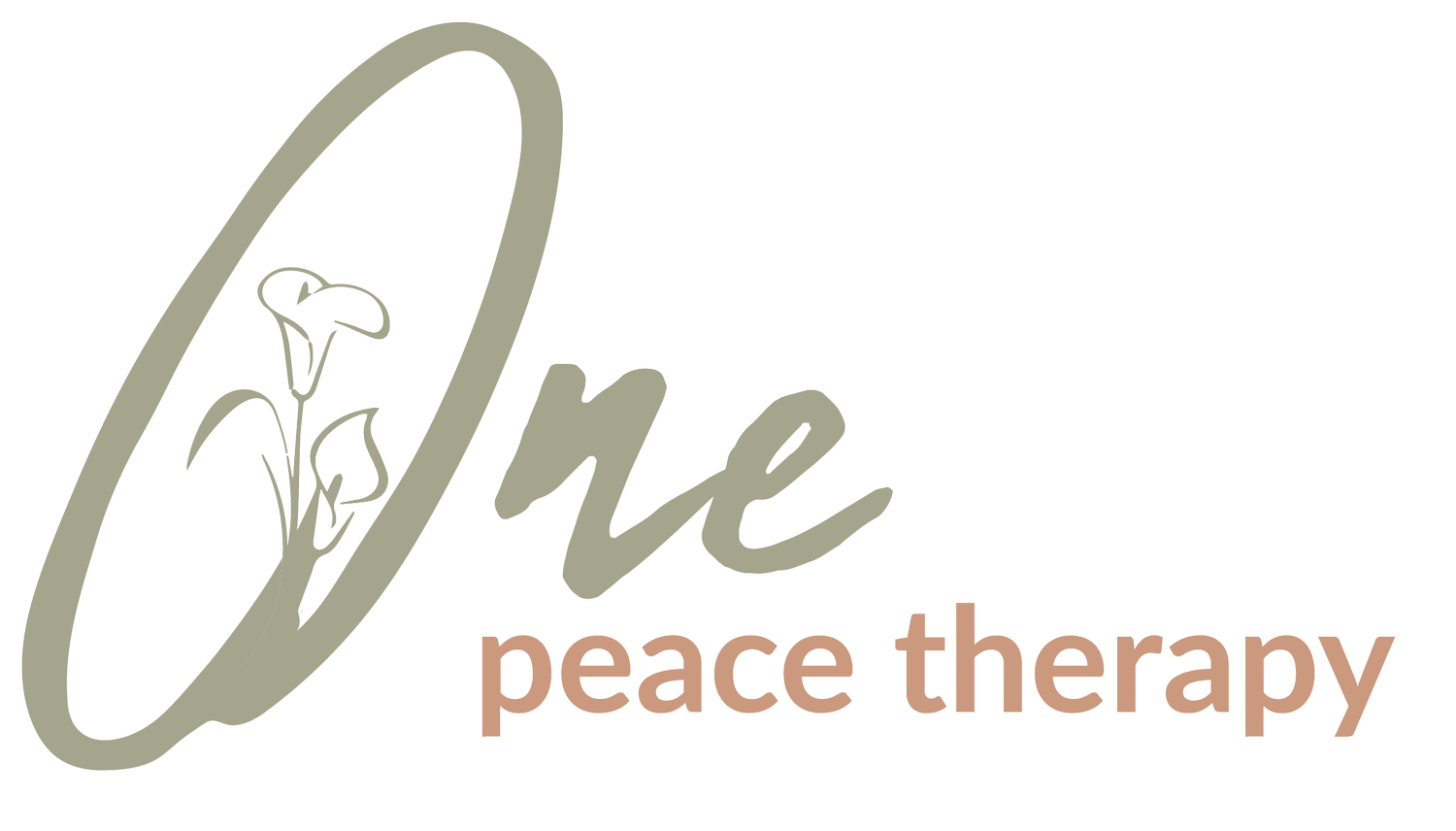Honoring Women’s Strength: The Challenges, Resilience, and Triumphs of Womanhood
March is more than just another month—it’s a celebration of women’s strength, resilience, and the unique experiences that shape their lives. March 8th marks International Women’s Day, a time to recognize the progress women have made, the obstacles they continue to face, and the incredible power they hold.
But for many women—especially those from BIPOC (Black, Indigenous, and People of Color) communities—this journey is layered with additional complexities. From biological differences to the psychological toll of systemic inequalities, women’s health and well-being are deeply influenced by their identity, culture, and environment.
As a psychotherapy and nutrition practice, we know that women’s mental and physical health are inseparable. Let’s dive into the unique challenges women face, the resilience they embody, and how we can support their well-being.
The Unique Challenges Women Face
1. The Biology of Being a Woman
From puberty to menopause, women’s bodies undergo constant change. Hormonal fluctuations impact everything—mood, metabolism, digestion, energy levels, and mental health. Conditions like polycystic ovary syndrome (PCOS), endometriosis, and premenstrual dysphoric disorder (PMDD) can make daily life a struggle.
Yet, society often dismisses women’s pain. How often are women told their symptoms are ‘normal’ or ‘all in their head’? The medical field has historically overlooked women’s health, leading to misdiagnoses, lack of research, and inadequate care.
Nutrition and psychotherapy play a critical role in balancing hormones, managing stress, and helping women reclaim their health. Women deserve to be heard, validated, and given solutions that truly work for them.
2. The Weight of Societal Expectations
Women are expected to be caretakers, professionals, nurturers, and leaders—all at once. The pressure to ‘have it all’ can lead to burnout, anxiety, and feelings of failure.
Add to this the unrealistic beauty standards, the pressure to shrink their bodies, the wage gap, and the mental load of managing households, and it’s no surprise that women experience depression and anxiety at nearly twice the rate of men.
At One Peace Therapy, psychotherapy provides a space for women to unpack these pressures, set boundaries, and redefine success on their own terms.
3. The Complexity of Identity for BIPOC Women
For women of color, the challenges run even deeper.
Black women often face the “strong Black woman” stereotype, making it harder to ask for help without being seen as weak.
Latina women navigate cultural expectations around family and gender roles while also battling discrimination.
Asian women experience hypersexualization or the "model minority" myth, which can create isolation and silence struggles with mental health.
Indigenous women face staggering rates of violence and erasure, with their voices often unheard.
Intersectionality matters. Women’s experiences are shaped not just by gender, but by race, culture, and class. In therapy, it’s essential to honor these lived realities and create space for healing that acknowledges their full identity.
The Strength and Resilience of Women
Despite these challenges, women continue to rise. They advocate for themselves, support their communities, break barriers, and fight for a better world. Resilience is woven into womanhood.
But resilience doesn’t mean enduring pain without support. True strength is found in seeking help, embracing self-care, and prioritizing well-being.
That’s why focusing on mental health, proper nutrition, rest, and self-compassion isn’t selfish—it’s essential. A well-nourished mind and body allow women to show up for themselves and the people they love.
Honoring Women This Month and Beyond
Women’s Month is about more than just celebration—it’s about action.
Listen to women’s experiences. Believe their pain, honor their struggles, and amplify their voices.
Encourage mental health support. Therapy isn’t just for when things fall apart—it’s a tool for growth, healing, and self-discovery.
Advocate for equal healthcare. Women deserve real medical attention, research, and solutions tailored to their needs.
Promote nutrition as self-care. Food isn’t just fuel—it’s medicine, comfort, and empowerment.
At One Peace Therapy, we are dedicated to supporting women’s mental and physical well-being through psychotherapy and nutrition. Whether you’re navigating stress, identity struggles, or hormonal health, you are not alone.
This Women’s Month, let’s not just acknowledge women’s strength—let’s make sure they have the support they need to thrive.
Happy International Women’s Day! 💜

